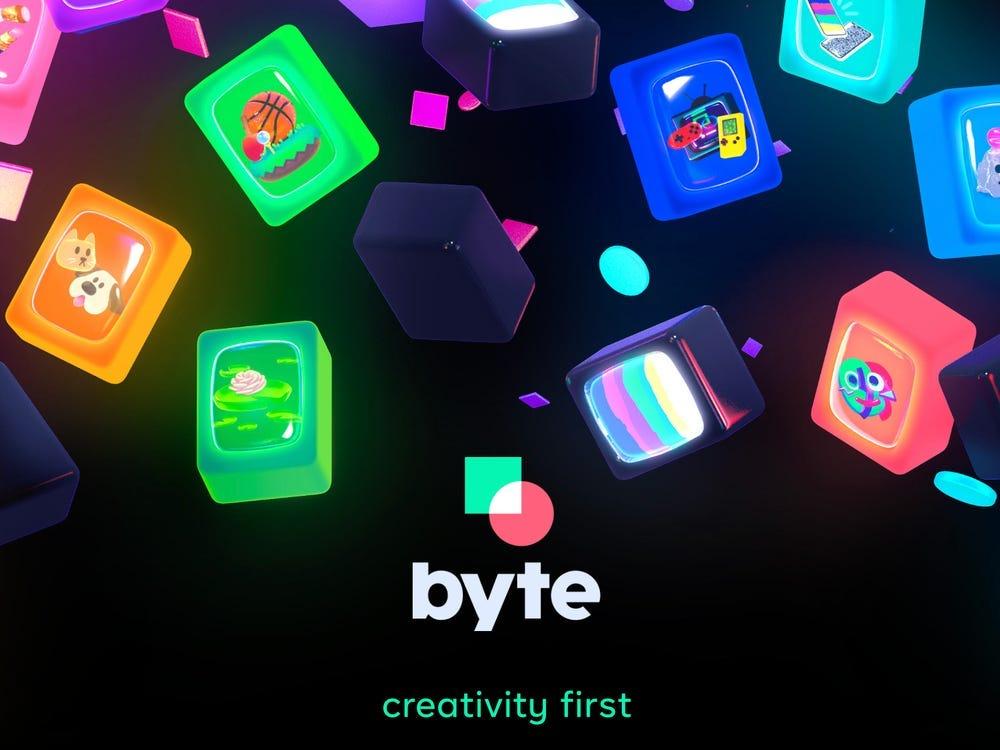
Vine recently returned with a new look and name, “Byte,” that mimics TikTok, but is still constricted to the familiar six seconds. Vine’s abrupt exit in January 2017 left thousands of users mourning for the platform’s comedic short videos as it unearthed many popular social media comedians such as Rickey Thompson, Liza Koshy and King Bach.
In 2018, Vine co-founder Dom Hofmann released small teasers hinting at a possible comeback, stirring a whirlwind of conversation around the possible reappearance. Now, two years later, Hoffman finally introduced the reimagined version of the once popular app.
Instead of its solid white background and green header, this updated creation sports vibrant strokes of green, pink and red creating an invigorating, eye-catching aesthetic. Byte is equipped with features familiar to a traditional social media feed, but one thing Byte seems to lack is advanced editing tools that provide users with filters and other customization options.
While Vine was gone, Twitter created a nostalgic archive of all Vine videos, giving users the opportunity to continue watching videos that were no longer accessible on the app. Though a thoughtful move, it wasn’t long until popularity began to rise towards other social media outlets that produced options for longer video creations. Snapchat provided a 10-second recording that would elongate to 60-seconds. Instagram adopted a similar format including a 15-second story upload, and Byte’s most popular competition, TikTok, has a limit of 60 seconds. These several options not only beat Vine in time creation, but filled the void of familiarity once the website officially discontinued.
Though Byte’s debut is refreshing to see, it makes you wonder how well it’s going to perform when social media is already oversaturated with similar inventions. As mentioned, TikTok’s powerful platform glitters potently, at one point accumulating one billion monthly active users and stamping vital in social media culture. Though that number is jaw-dropping, with Byte working to fulfill themes such as celebrating community interaction and implementing monetization features for content creators, it makes you wonder if Byte will have a similar rise to popularity.
As we ease further into 2020, we can only hope that Byte’s two-year production didn’t tarnish an opportunity to become successful sooner.















